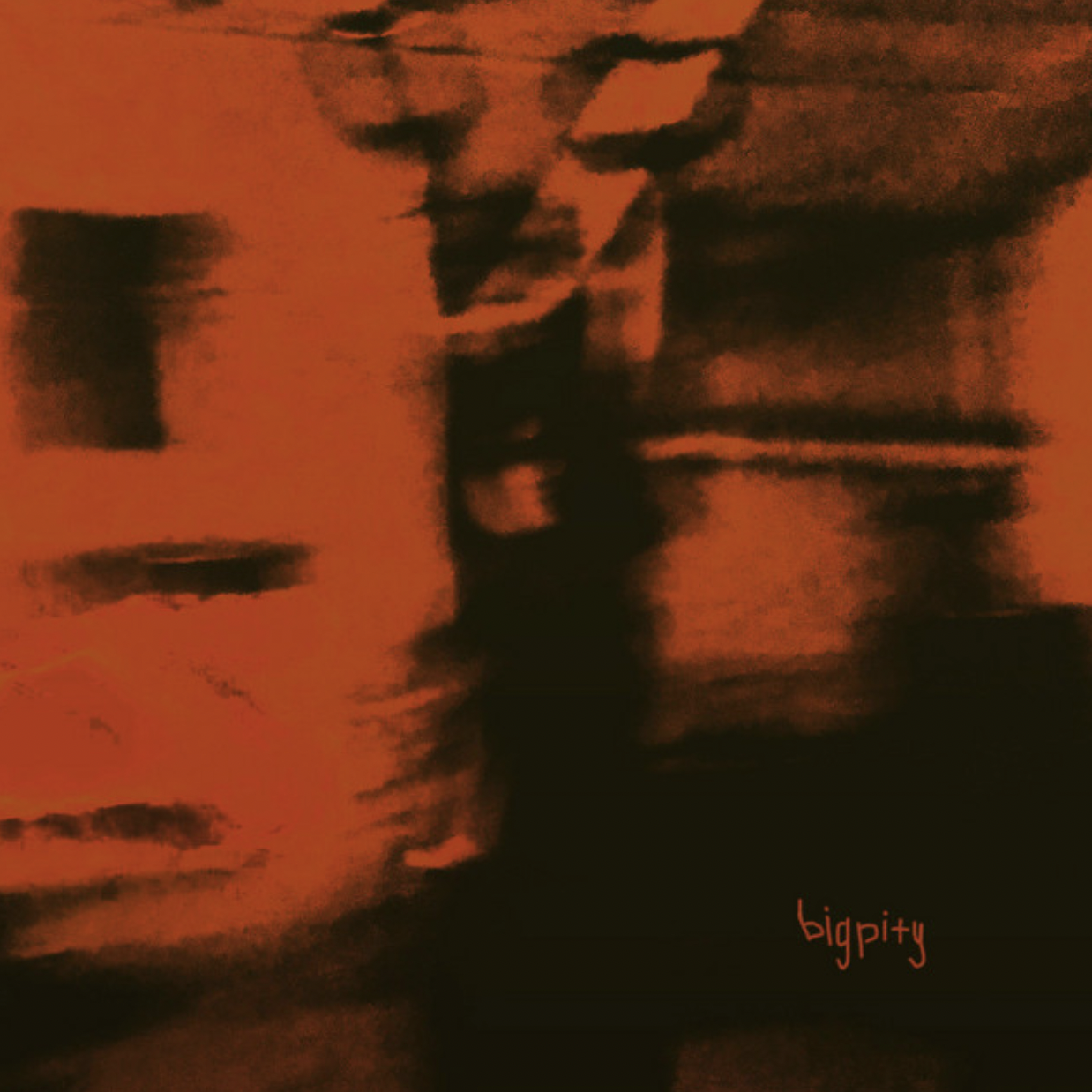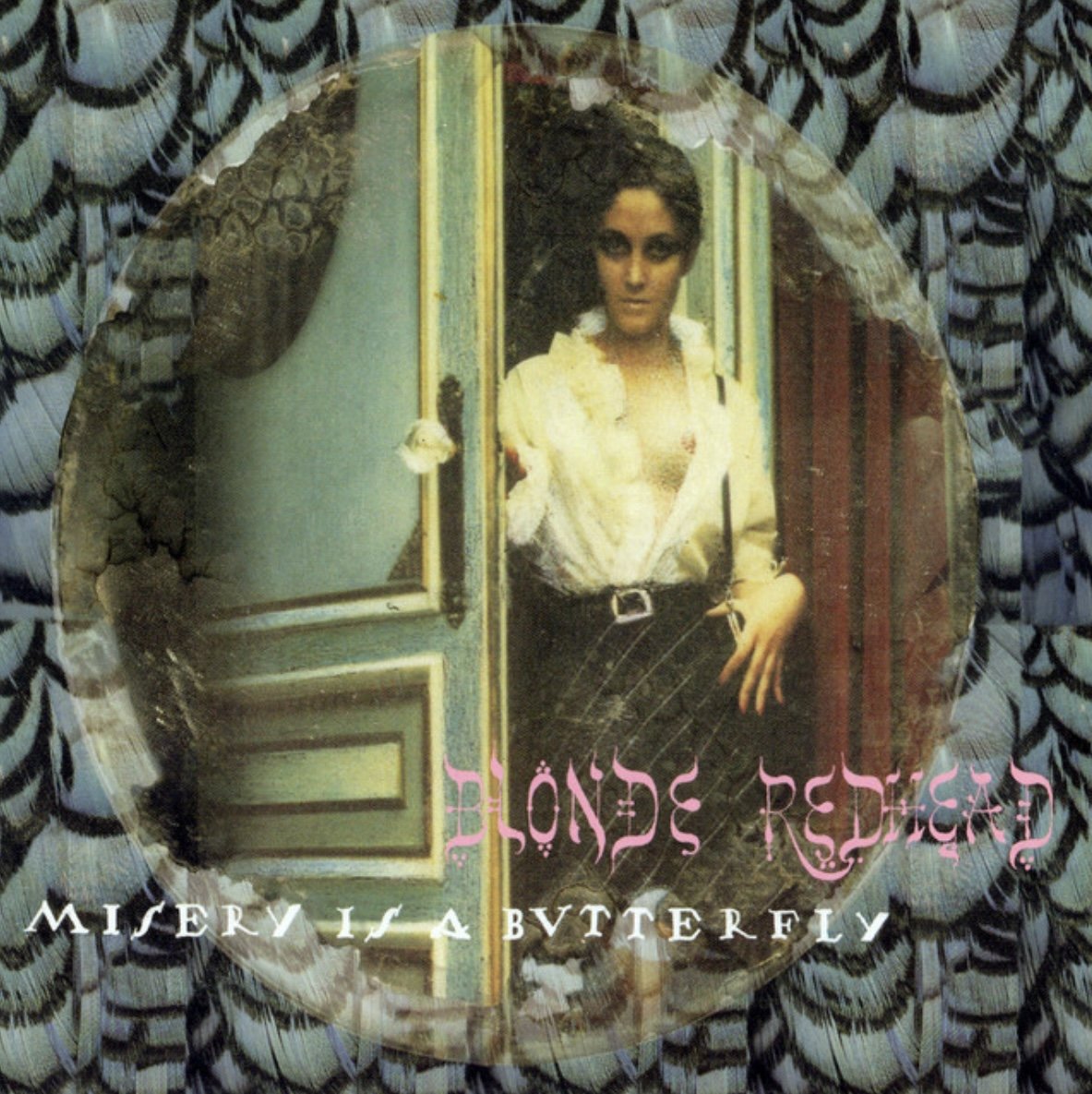Older Music

Spiderland by Slint (1991) is undoubtedly one of my favorite post-rock albums. The songs feel a bit like bedtime stories that stay stuck with you long after listening, every line a metaphor for something, every note perfectly placed in the theme of the story. The music is menacing, melancholic, and powerful, burning with nostalgia, isolation, and truths of life… There’s not much to even say otherwise–the music speaks for itself. Spiderland was a masterpiece in its time and is still.

Sebadoh’s 1996 Harmacy is an indie rock album that is easily on the list of favorites. In “On Fire” Lou Barlow sings about having negative thoughts towards others and disappointing them, saying “Don’t hold it against me/Cause I know you’re lying too.” He captures the feeling exactly, the guilt of being brutally honest and fear of being sort of exiled from the world. “Nothing Like You” has sort of an eerie essence similar to that of Nirvana—Barlow sings “There’s a lot of girls in the world/That are nothing like you,” leaving the rest a bit up to interpretation. Harmacy is the complete embodiment of lo-fi New England 90s indie rock; 19 songs long, it is pretty much the perfect album to listen to on a long drive through empty, repetitious towns and suburbs, or to listen to if you just want to feel the glimpse of that scene (in the best way possible).

Big Pity’s self-titled album from 2019 is one I hold close to my heart as someone who was entrenched for a while in the BK/Laguardia music scene. Mixing genres of slowcore and math rock, this album feels at times energizing but mostly calming and sentimental, at its heart, “Desert Song,” which finds its way into every long car ride I take – Its saturated, lonely melody, dynamic yet always returning back to its roots, is one that deeply resonates.

Mogwai’s 2021 As The Love Continues felt like a shift from the Mogwai I had known from their earlier rock albums, specifically Mr. Beast and Come On Die Young, the darker post-punk albums I held close to my heart as a young teen. As The Love Continues is breathtakingly energizing and self-aware, as felt in the Ritchie Sacramento lyric “It took awhile just to think of home.” I’m sad this album doesn’t contain more lyrics but at the same time feel as though the fact that it is almost purely instrumental is what makes it so palpable, communicating so many feelings while saying hardly anything (one of the central reasons music itself is such an incredible tool). Sometimes I have this feeling when listening to music, that this is exactly what was supposed to happen–Had the record been any different it would have not had the same impact. Perhaps a bit of a fallacy in human thinking, however, for a band like Mogwai to create this album makes so much sense, veering towards bigger electronic sounds, becoming a bit less emo in the “life is depressing” way and a bit more in the “life is vast and ever-changing” way. I think this shift also makes their older albums feel more special to me, like there won’t be anything else quite the same as songs like “Cody” or “Christmas Steps” again.

Bitter River (2007) by Pygmylush is a fucking awesome, genre-bending album, half of which sounds like it could’ve been written by pirates in the 1700s, and the other half which sounds like a group of young punks in the early 2000s. The opening, going from the self-explanatory “Nonsensical Tremor” to the soft “Hurt Everything” is one I always show anyone who I ever talk to about music, because the two songs are in complete contrast with one another, existing in separate worlds, and yet go so perfectly together. These shifts occur throughout the album, such as the transition from “Foul Mouth Mother'' (a song that sounds like punk and screamo had a baby) to “Red Room Blues,” a song that feels like a nostalgic, sad and calm stripped-back Low or Red House Painters song. The 24-minute, ambient “September Song” is also unexpected and beautiful. This album really keeps you on your toes, anticipating the rush and release; I’ve truly never heard an album with such captivating contrast.

I’m not sure what it would be like to listen to Blonde Redhead’s Misery is a Butterfly for the first time again, but I imagine it would mean re-discovering one of my favorite albums in the universe, the one I would soon memorize every bass line and keyboard note of, almost involuntarily; This album contains feelings that could only be explained through listening–To the cascading melodies, drums that add texture rather than just existing, the heartbreakingly amazing blend of guitars, cellos, and keyboard. On the album’s title track, Kazu sings, “Remember when we found misery/We watched her, watched her spread her wings/And slowly, slowly fly around our room/And she asked for your gentle mind,” a line which captures the melodramatic essence of this masterpiece of an album.